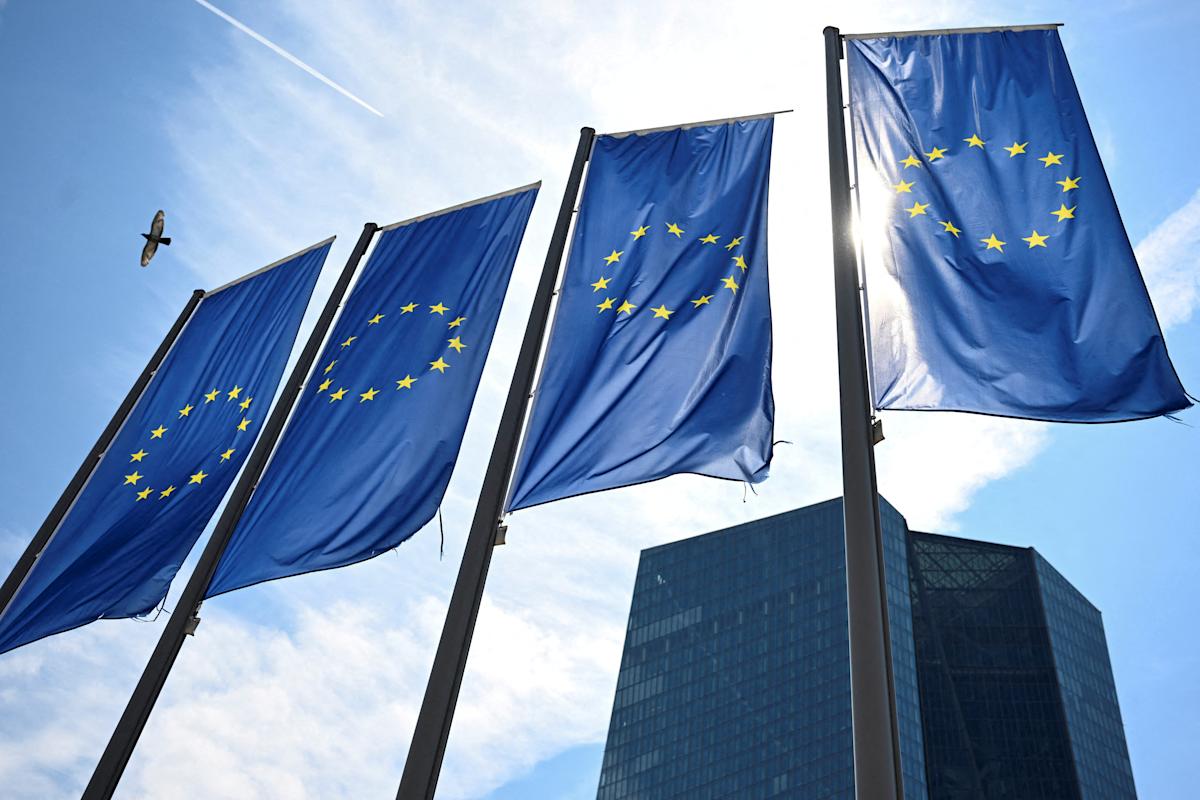Meta will stop allowing political advertising on its platforms in the European Union as of October 2025, blaming the EU’s new “unworkable” transparency rules for what it called a “difficult decision.” In a released by the company on Friday, Meta said the EU’s incoming (TTPA) regulations presented it with “significant operational challenges and legal uncertainties.”
As of early October, users on any of Meta’s platforms in the EU will no longer see political, electoral or social issue ads, which Meta says can currently be placed by advertisers who complete an process proving their identity. Ads of this nature are also required to include a “paid for by” disclaimer, and information about how much was spent on them must be publicly available.
Meta argues that the TTPA rules put extensive restrictions on ad targeting and delivery that create an “untenable level of complexity” for advertisers. The EU introduced the new regulations in order to address widespread concerns over foreign interference in elections, as well as the potential manipulation of important information that might influence how someone votes.
As well as labelling political advertising as such and providing information on its source and intention (which Meta says it already does), the soon-to-be-instated also list a number of conditions about how personal data is processed. The TTPA regulations will also forbid political ads from sponsors outside the EU sooner than three months before an election or referendum.
Meta said that users of its platforms will see less relevant ads as a result of the restrictions, and that it made its decision after “extensive engagement with policymakers” in which it made its concerns about the threat to the “principles of personalized advertising” clear. The company’s decision only applies to the EU, and Meta users, including politicians, living in member states will still be allowed to discuss and share political content provided it isn’t via paid advertising.
Meta isn’t the only company objecting to the incoming EU rule changes, which are also set to come into effect in October. Last year, stopped serving paid-for political ads in the EU, including on YouTube, and the company ultimately fines for its allegedly “abusive” online advertising practices in 2019.
